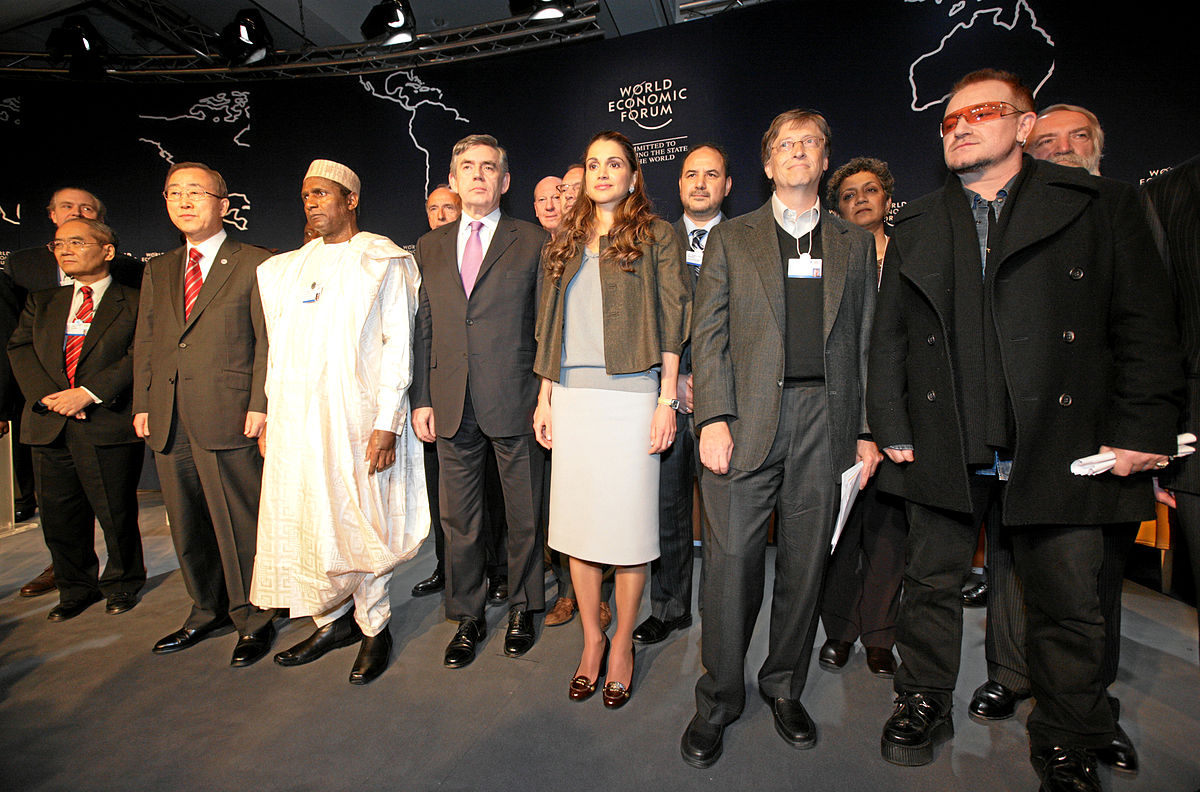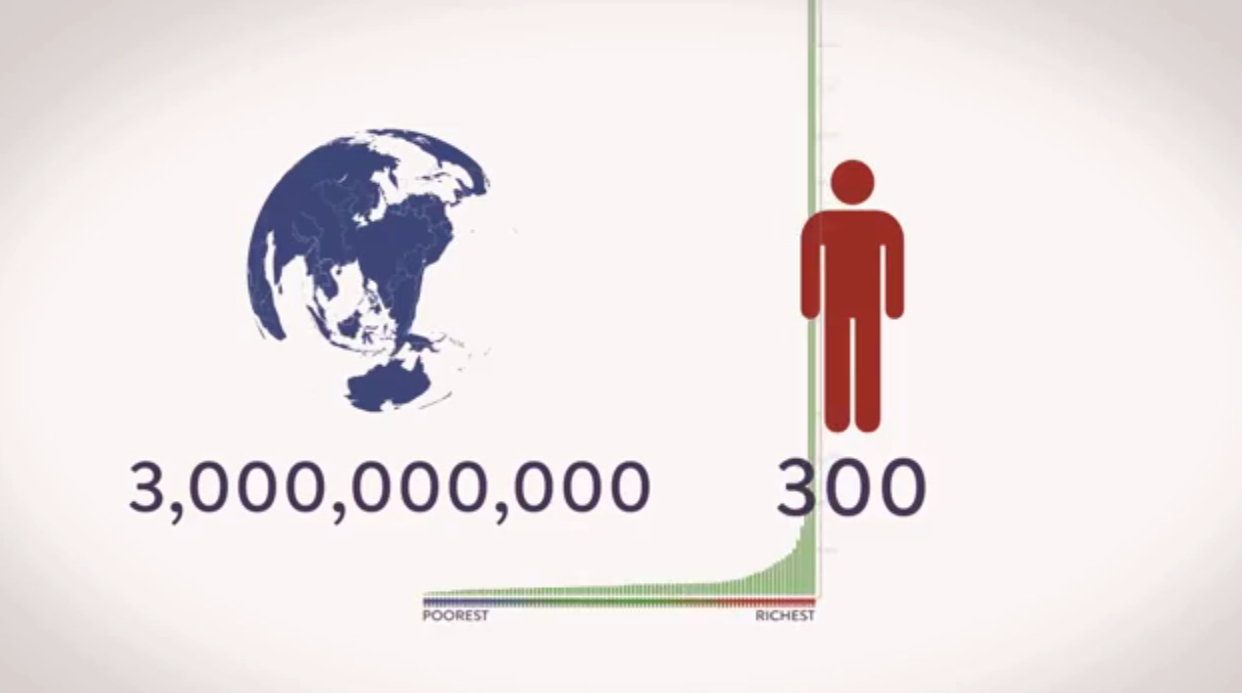
Winning the Internet
We’re here to spread radical ideas into the mainstream so we need to be out there commenting wherever we get the opportunity – articles on inequality or poverty, development, how to change the economy or our politics, the environment and sustainable use of resources. The mainstream has even given us a way to do this by allowing comments after articles so that we can get our messages in front of people reading mainstream news. We can also do the same in discussions on social media with our friends and extended networks.
After many years of managing social media for activist organisations and seeing what works and what doesn’t in online debate, as well as even longer commenting online, here are my top tips for making sure you get your message across. Not the same thing as making sure you win the argument at all costs.
1. Remember who your audience is. You’re not just trying to win over the person / people you are debating with, often that won’t be possible, but there are probably other people in the discussion you can influence. Most importantly of all, the vast majority of people reading will never comment (less than 10% of readers actually comment).
2. Be nice – online comments are full of enough vitriol as it is. You don’t win arguments by winding people up, and you don’t want to give mods any unnecessary reasons to delete your comment. Plus respectful disagreement will make your comment stand out.
3. Do not insult someone you disagree with or use offensive language.
4. DON’T SHOUT! Using CAPS doesn’t put your point across any more forcefully, it just makes you look annoying in the eyes of others, and as for excessive punctuation?!!!!? You get the point.
5. Resist the temptation to correct another poster’s spelling or grammar, it doesn’t help your argument and just makes the other person feel defensive and makes you look like a pedant. Nobody likes the Grammar Police.
6. On a related point… always read through your comment again before posting, and if possible run it through a spell checker (if you don’t already have one built into your browser). That way you avoid your point being lost in a discussion about spelling and grammar.
7. To use an English footballing term, play the ball, not the man. Disagree with the points another poster is making, but don’t make any personal attacks.
8. Try and see the other point of view, even if that means following a few links to sites you really disagree with. Most people have reasons for holding the views that they do, try and understand them and use that as way into a productive discussion.
9. Compliment the people you are debating with, they’ll listen to you in a much more open manner if you do. Are they knowledgeable on the subject (even of you think they are wrong)? Do they write well? Have they engaged in constructive discussion? Tell them, and watch how the conversation changes.
10. Admit if you are wrong. Did you get a fact wrong, or overlook something another poster has bought to light? Admit it gracefully and not defensively.
11. Make sure you come back and engage in any ongoing discussion, don’t just post and run.
12. However if you find yourself caught in an argument that’s going nowhere with someone who just has to have the last word, sometimes it’s better to just walk away.
13. TLDR – don’t write a massive essay, it’s off-putting for people to read (unless of course it’s the kind of site where people are engaging in much more depth). Try and make one or two points, and break text up into short paragraphs or bullet points.
14. Don’t use too much internet slang or jargon in a general setting, people won’t understand the point you are trying to make.
15. Don’t use those oh-so-clever reworkings of names to show your disdain. I’m thinking of things like Tony Bliar, Obomber, Dumbocrat etc. They really don’t make you look clever and just alienate a lot of your audience.
16. Try not to argue with people who are on your own side. Nothing looks worse to a neutral than a fight for ideological purity.
17. Use links to support what you are saying, but try and use something more authoritative than Wikipedia as there’s no proof you didn’t just edit it yourself five minutes earlier.
18. When you use a link try and quote something relevant from the page you are linking to so that people have a reason to follow the link.
19. If you are discussing climate change skepticalscience.com is a great resource for answers to claims it’s not happening, or that it’s not caused by humans. skepticalscience.com/argument.php lists the most common arguments and scientific rebuttals to them.
20. Finally (it had to happen), don’t make comparisons to Hitler, Stalin, North Korea or Nazi Germany. Unless of course it’s the topic under discussion. Also don’t shut down a debate by citing Godwin’s law if someone else does this.








Just sharing I am from Britain but live in india blocks of time:Sharing about myself:
Over three decades and across three continents he has gained a legendary status for his quality coaching and powerful motivational speaking, particularly on Trade,Climate Change and . Always tempering his engaging and charismatic rhetoric with human stories and powerful statistics, Pushpanath has extensive experience working with all ages and audiences in developing and developed countries. He is a charismatic leader- hundreds of people have followed him on awareness-raising walks, as well as a warm and nurturing coach, with successes including training up Ugandan(Women) smallholder farmers who had never been outside their communities to go to the UN and speak about the impact of climate change.
Pushpanath has been sought out by many respected businesses, associations, and charities for his ability to distil complex issues into compelling messages for audiences, and inspiring real action and commitment by grassroots constituencies and organizations/business.
Push deploys a blend of traditional advocacy and new approaches on issues ranging from personal empowerment to participatory development; environmental assessment and gender.His work with Men-Gender has been path breaking. In training sessions Push demonstrates considerable strengths and success in building capacity of teams and planning tailored actions by participants and organisations.
Pushpanath has a degree in Bsc agriculture and did his Masters in UK in Development Studies.He has been awarded many recognitions across the World .
Push panath is married to Ms Umamaheswari-Global maths teacher , Tamil poet and Artist. His two sons are in UK- London and Cambridge.
Pushpanath`s parents hail from Tanjore and family members in Chennai. He is a British citizen who is anchored in Chennai but visits Britain and other counties.
That’s great Pushpanath, would you like to join either our UK or India groups and talk to people in your locality. Coincidentally I’m also British and living in India.
Hi
Great idea – love it BUT pls pls put some info in about who is involved – NAMES!!
You say that you are registered in the USA as C3 organisation in Washington, DC. – link to it – be transparent – I’m not to. 🙁 and this should be one of the things you should be asking of gov’t.. no?
Pls get back in touch when you have done so… as you have a great idea.
Richard
Hi Richard,
Thanks for the comment. As you can see from the outsize smiley face in your post this is a new site and we’re still ironing out bugs and adding bits, so yes you’re totally right we should have a section about who we are. I’ll get it up in the next few days.
AS for the C3 info, you’re suggesting putting the documentation up on the about page? I think that makes sense.
By the way, I’m James, I’m in charge of the website. I live in India but am originally from the UK. I’ll work on my bio a little more before I publish it…
Thanks for your comment.